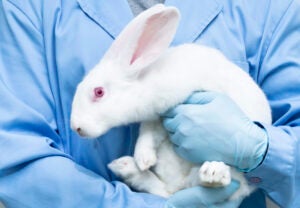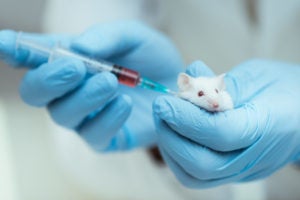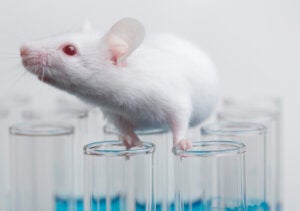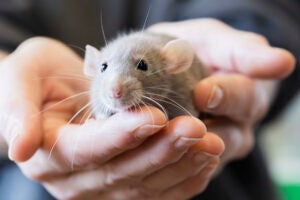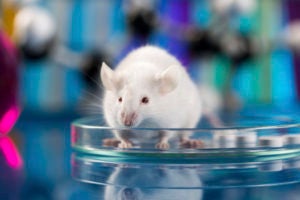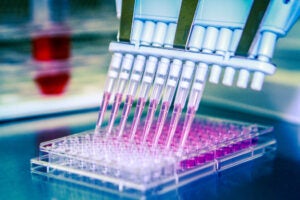
BRUSSELS—A new online Master Class course to train scientists in testing cosmetics and chemicals without using animals is being hailed as a game-changer for cruelty-free testing worldwide. Featuring real-world case studies to walk scientists through animal-free testing step by step, the curriculum launched by the Animal-Free Safety Assessment Collaboration (AFSA) has attracted over 1,200 participants from nearly 70 countries since its debut in 2023, highlighting a global interest in innovative, ethical testing methods. Its final module is now open for registration, completing the ten-module course.
Created with input from industry, method developers, regulatory and animal protection experts, the course guides users through every stage of “next-generation risk assessment” culminating in advanced techniques like data integration to ensure robust consumer safety conclusions. These cutting-edge methodologies not only eliminate the need for painful animal-based testing but also provide more valid and reliable results concerning the safety of chemicals and products.
A result of wide-ranging contributions from global experts in animal-free safety science, the AFSA Master Class aims to provide the educational building blocks for lasting change, encouraging kinder scientific practices that will also better ensure human safety. Regulators, product developers, contract research organizations, and academic professionals from across the globe are all active in development of the course, illustrating the truly collaborative nature of animal-free safety science worldwide.
Dr. Catherine Willett, senior director of science and regulatory affairs at Humane Society International and principal coordinator of the AFSA Master Class, said, “Consumers and companies alike want to move away from painful and outdated animal tests, but learning more about the cutting-edge tools available in the animal-free toolbox, and how to use them to make safety decisions, can be challenging. The AFSA Master Class demystifies animal-free safety assessment, making it easier for companies to replace rats, rabbits and guinea pigs with advanced non-animal models and computer simulations.”
Course participant Mark Broussard, managing partner of Desert in Bloom Cosmetics Lab, said, “The AFSA Master Class really helped me understand the entire process of determining the safety of a novel cosmetic ingredient using non-animal methods, since I am working with a novel plant extract that has not before been safety tested or used in cosmetic/therapeutic products for human use. I think the new approach methodologies will yield more valid, more reliable results on the safety of cosmetic ingredients without subjecting animals to the painful animal-based testing procedures.”
“The safety of the cosmetics and personal care products that consumers use and trust every day is of the utmost importance,” said Dr. Julia H Fentem, EVP safety, environmental & regulatory science at Unilever. “Our unique AFSA Master Class program is focused on the safety assessment of cosmetic products and ingredients without generating new animal data and covers all aspects of using non-animal tools and data for internal company decisions-making as well as regulatory safety assessments.”
The AFSA Master Class will help equip key stakeholders with the right tools and knowledge to better explore animal-free methods of safety testing and contribute to the wider shift towards the cruelty-free future of cosmetic and chemical safety science.
The full AFSA Master Class is freely available online at AFSAcollaboration.org/masterclass.
ENDS
Media contact: Aviva Vetter, avetter@hsi.org

